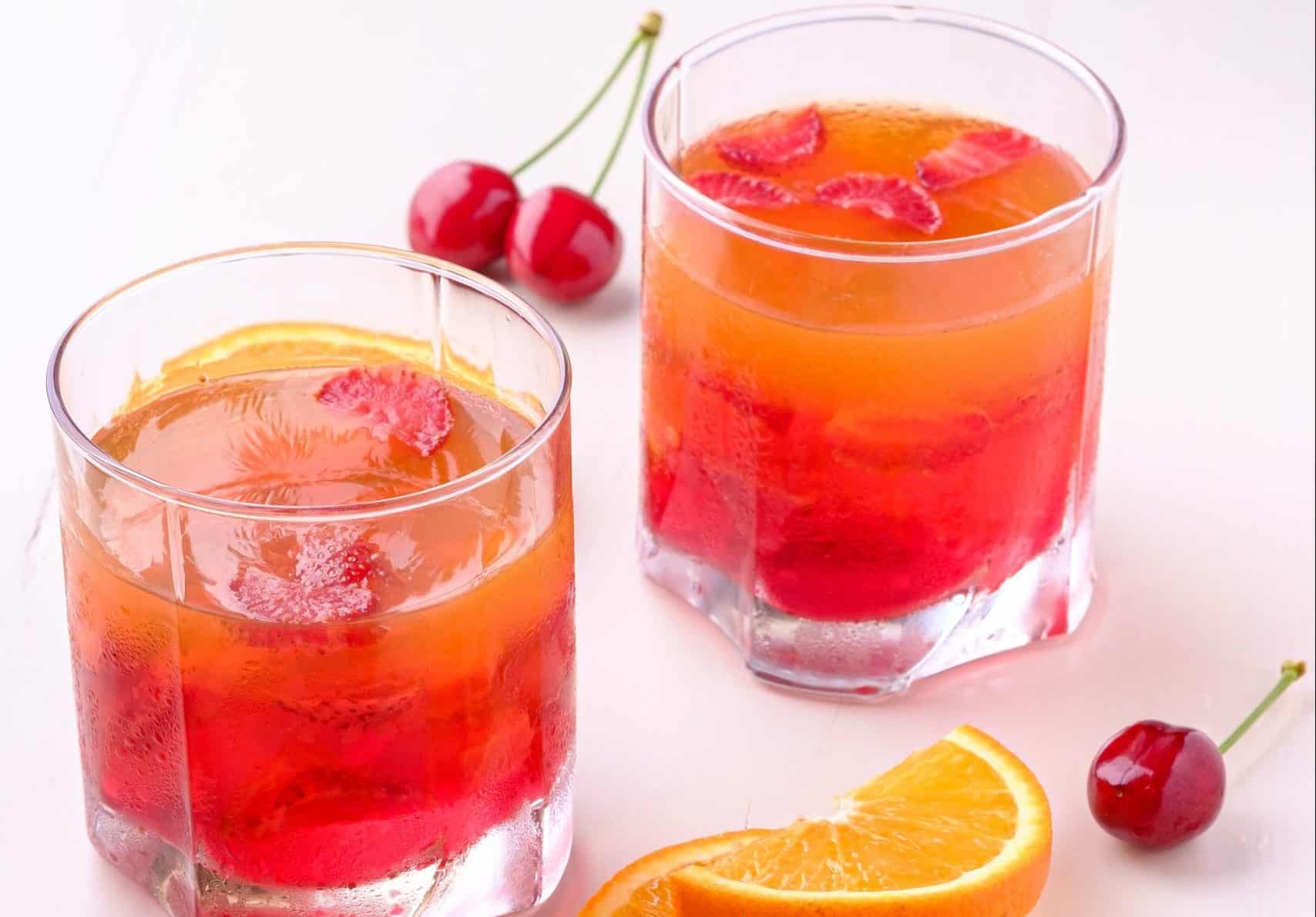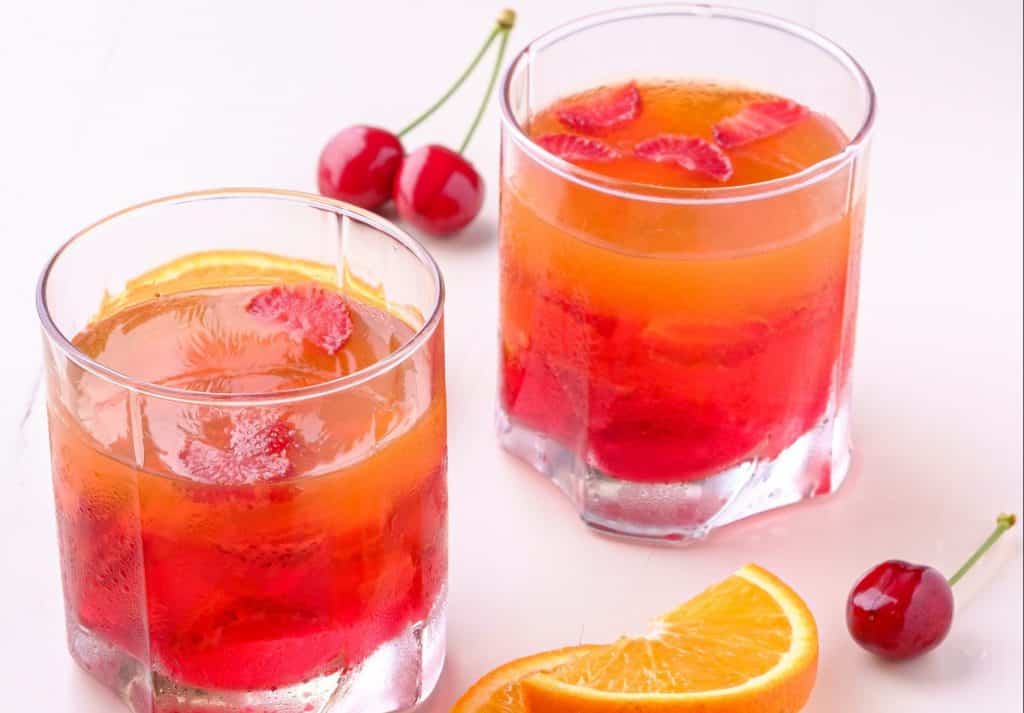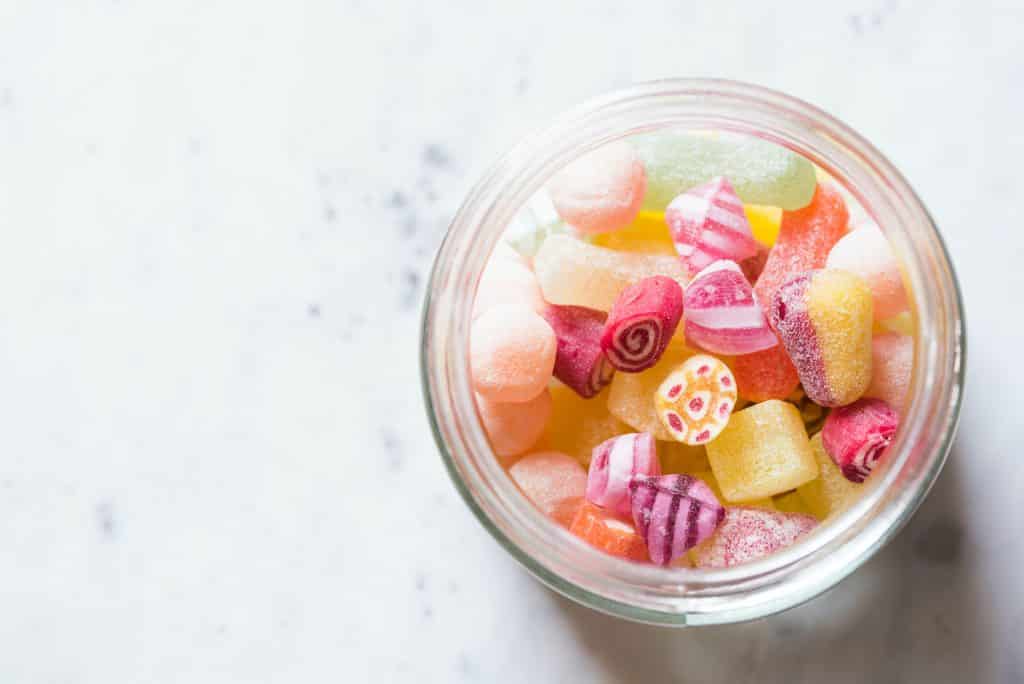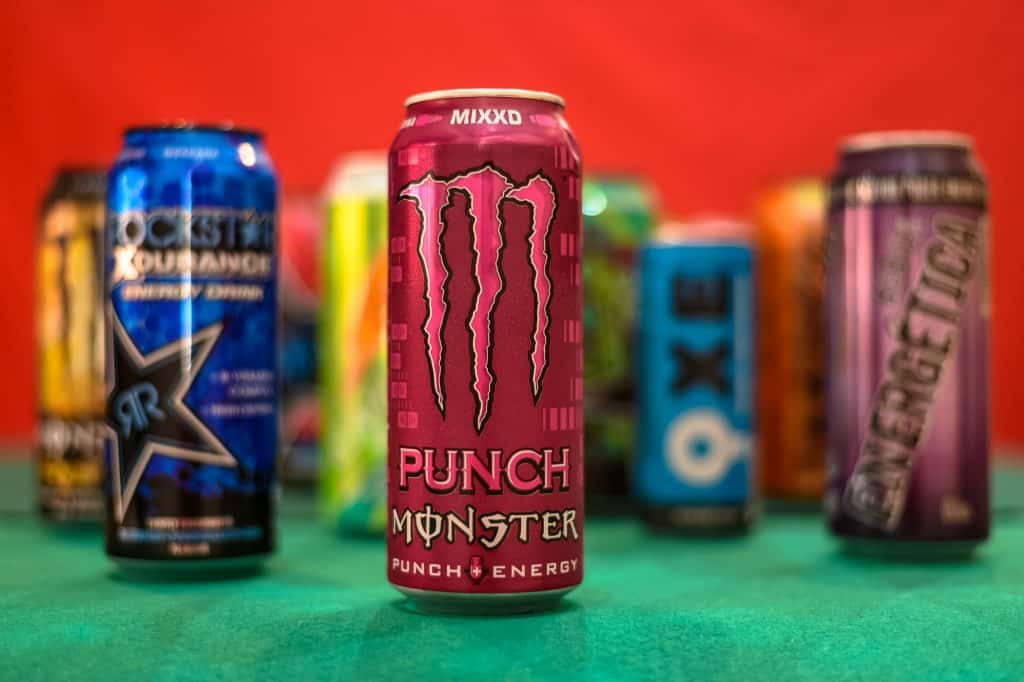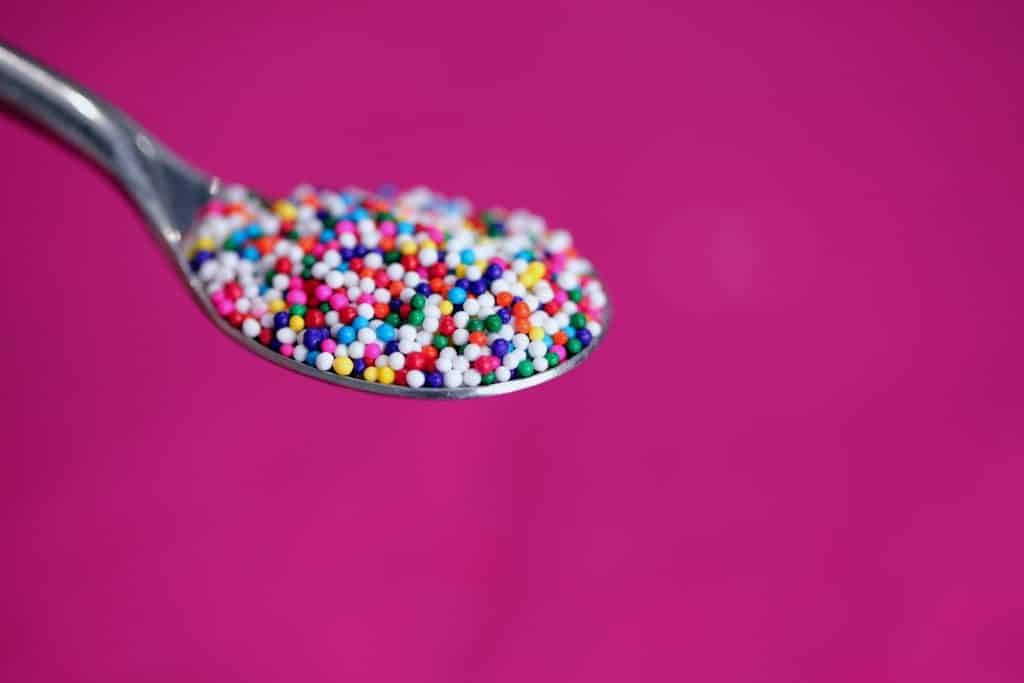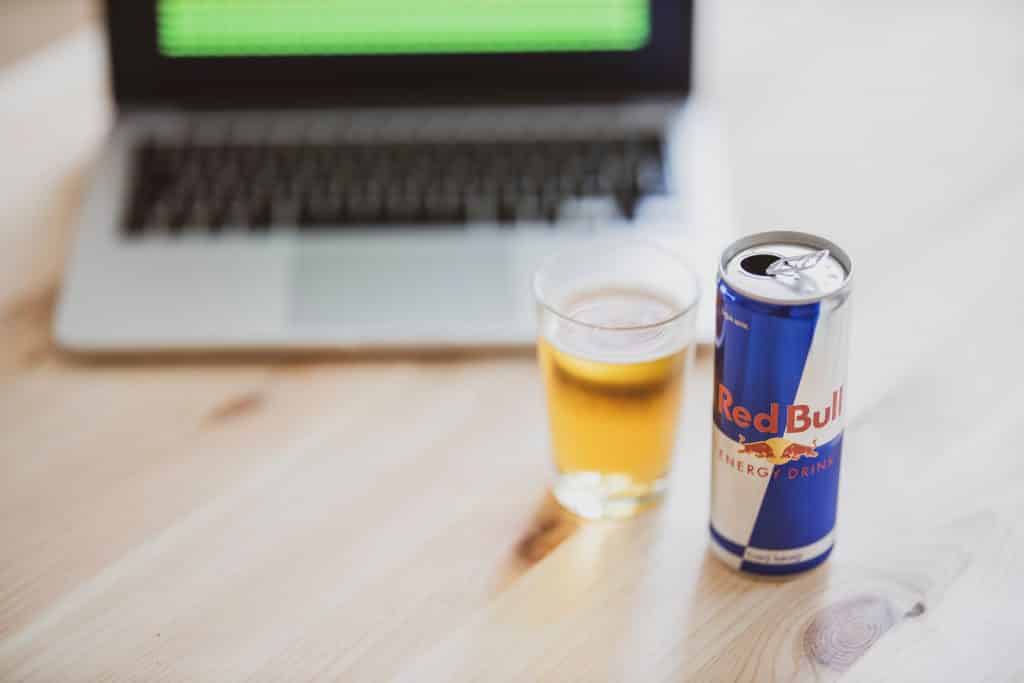As people become more health conscious, many of us opt for healthier options when doing our shopping. We choose “low sugar” and “zero sugar” options to try to cut down our sugar intake, however, studies show that these labels are fallacious claims.
The Consumer Council tested 51 beverages with sweeteners with zero calories, however the results of the research showed that many samples were still rich in sugar despite the addition of sweeteners. The beverages tested included 18 non-alcohol carbonated drinks, 16 sports and energy drinks and 17 other drinks ranging from fruit juices, yoghurt drinks and flavored bottled water. The Council cross checked the sugar contents of the samples against its nutrition labels and tested the amount of sweeteners it contained.
Samples do not comply with “low sugar” regulations!
Food and Drugs (Composition and labelling) Regulations states that products with “low sugar” or “zero sugar” should not contain more than 0.5g -5g of free sugar per 100ml. However, The Council’s research shows that up to 36 samples abused this guideline, with sugar ranging to 14g per 100ml, more than double than what was stated in the regulation.
Two drinks easily takes us over the sugar limit!
The recommended daily intake for sugar is 50g, according to the World Health Organization, however, 40% of the samples had nearly half the level of recommended daily sugar intake in just one can.
Issue of laws and legalities
- According to the Sweeteners in Food Regulations in Hong Kong, food manufacturers and food importers can only use or sell food products using 10 permitted sweeteners, however there is no regulation on the amount of different sweeteners used.
- Some sweeteners detected in some samples did not match with nutrition labels.
- Some samples lacked identification of sweeteners as required by the law.
Health risks:
Sweeteners are a “sugar substitute 100x sweeter than sucrose” that is neither digested nor absorbed by the body, according to Hong Kong Consumer Council. 4 types of sweeteners were tested in this study, including acesulfame potassium/ACE-K, aspartame, sucralose and steviol glycosides. Although it has no calories and does not affect blood glucose levels, research shows that it still poses its own health risks.
The International Agency for Research on Cancer conducted a study of over 400, 000 individuals and found that people who consumed sweetened beverages more frequently faced a higher risk of cardiovascular diseases. Those with a regular consumption of at least 2 cans of soft drinks with sweeteners per day had a 26% higher mortality rate than those who drink less than one can per month.
Advise:
- Contrary to popular belief, artificially sweetened beverages don’t help your weight loss journey. Studies revealed that they increase sweet cravings and make people desire sweeter foods.
- Sports and energy drinks have connotations to health and fitness brand. However, this study found that many sports and energy drinks contained sweeteners irrespective of natural sugar contents. Consider diluting energy drinks with water and refrain from drinking excessively.
- Beware of caffeine and other stimulants in your drinks!

